Israel orders Lebanese to leave swathe of the south 'immediately'
Israel has warned residents to leave a significant area in southern Lebanon, instructing them to move north of the Li...
World leaders and international organisations have hailed the U.S.-brokered peace agreement between Azerbaijan and Armenia as a historic breakthrough, marking a decisive step toward stability and cooperation in the South Caucasus.
From Washington to regional capitals, governments around the world have reacted positively to the landmark accord signed in the presence of U.S. President Donald Trump, Azerbaijani President Ilham Aliyev, and Armenian Prime Minister Nikol Pashinyan on 8 August. Many praised the agreement as the end of decades of hostility, while others highlighted its potential to boost connectivity, economic growth, and security. Reactions came from across Europe, the Middle East, and Asia, with countries expressing readiness to support the deal’s implementation and help turn the South Caucasus into a region of lasting peace. The following section highlights global perspectives on the historic peace agreement between Azerbaijan and Armenia.
EU
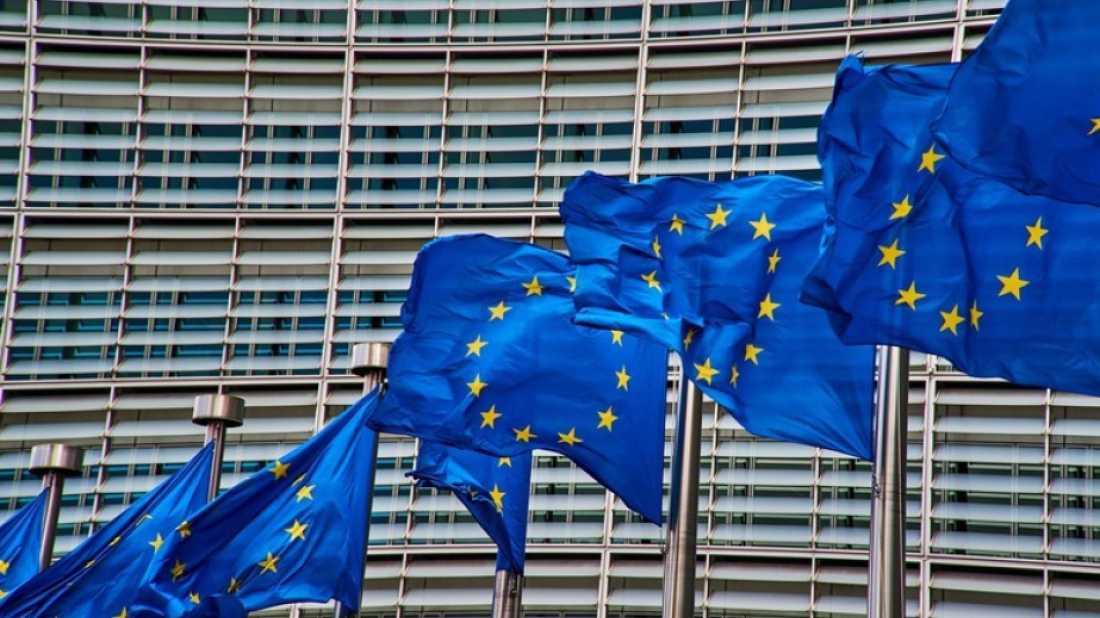
European Council President António Costa and European Commission President Ursula von der Leyen said in a joint statement that the EU “warmly welcomes” the meeting between Azerbaijani President Ilham Aliyev and Armenian Prime Minister Nikol Pashinyan, hosted by U.S. President Donald Trump, as well as the initialing of the Agreement on Peace and Establishment of Interstate Relations between the two countries.
They described the signing of the Political Declaration at the White House as a major milestone for Armenia, Azerbaijan and the wider region, paving the way for lasting peace and marking the culmination of years of EU mediation.
The EU leaders stressed the importance of promptly implementing the agreed measures to ensure steady progress toward the full normalisation of relations, noting their encouragement at the decisive steps taken by both sides in recent years, including discussions in Brussels.
Reaffirming strong support for the Armenia–Azerbaijan normalisation process, the EU expressed readiness to invest in regional connectivity and economic opening, aiming to benefit communities affected by decades of conflict and to advance sustainable peace, stability, and prosperity in the South Caucasus.
UK
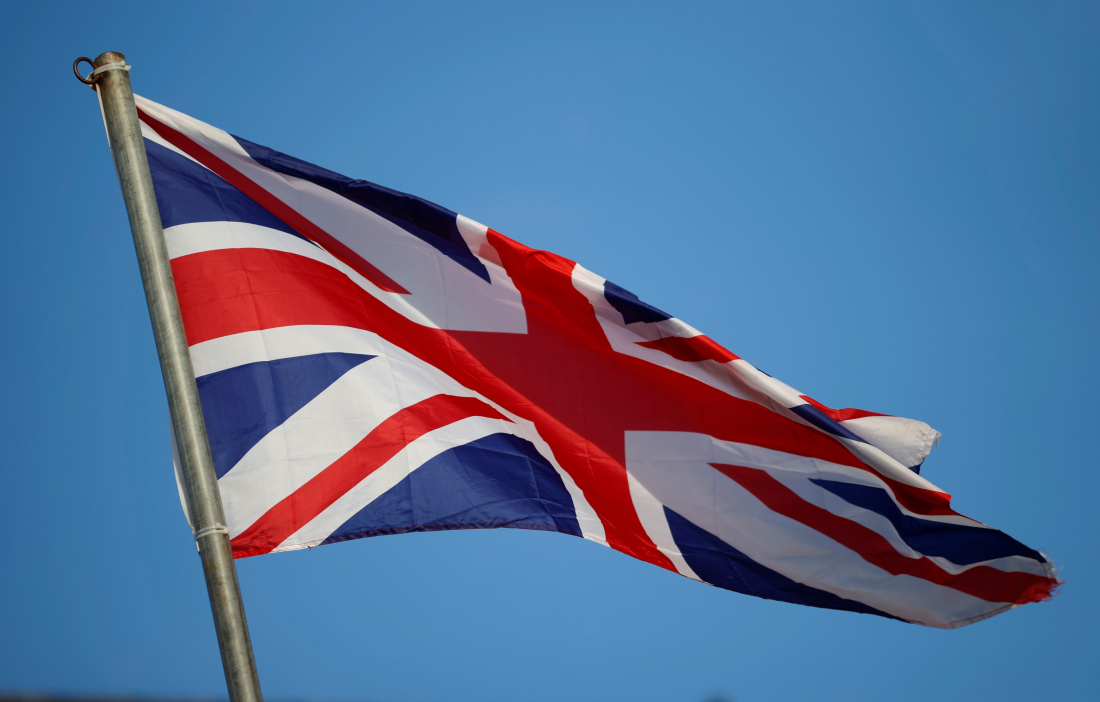
UK Foreign Secretary David Lammy congratulated Azerbaijan and Armenia on the progress made toward peace, praising the steps taken during talks in Washington.
Writing on X, Lammy commended the “bold steps” by both countries and acknowledged the significant role of U.S. President Donald Trump in achieving the breakthrough. He added that the United Kingdom stands ready to assist in securing peace in the South Caucasus as the parties implement their commitments.
Spain
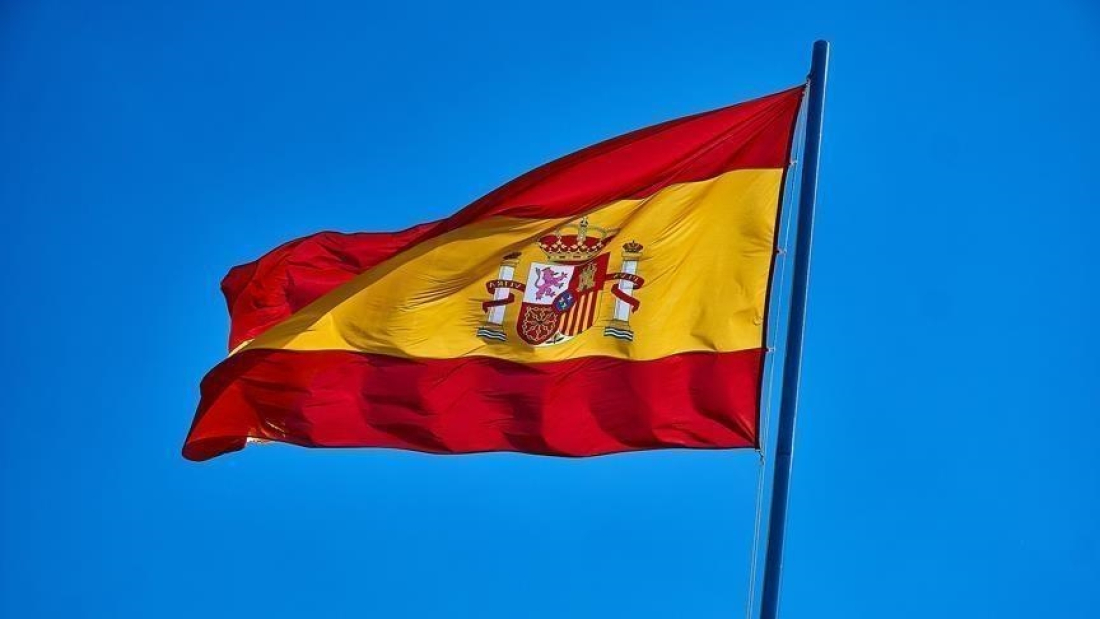
Spain has expressed support for the agreements reached between Azerbaijan and Armenia aimed at achieving “definitive peace,” following the signing of a trilateral peace roadmap with the United States.
In a statement, the Spanish Foreign Ministry described the development as a “decisive step” towards lasting peace and the full normalisation of relations between the two South Caucasus countries after decades of conflict.
The ministry said it hoped the agreements would usher in a new era of cooperation, mutual understanding, and development for the benefit of both nations and the wider region.
On Friday, Azerbaijani President Ilham Aliyev, Armenian Prime Minister Nikol Pashinyan, and U.S. President Donald Trump signed a joint declaration at the White House after a trilateral summit.
The accord seeks to end decades of hostilities, with provisions to cease fighting, reopen transport links, and restore diplomatic ties. Armenia and Azerbaijan have engaged in multiple conflicts since the late 1980s, most recently in 2023 when Azerbaijan regained control of Karabakh.
France
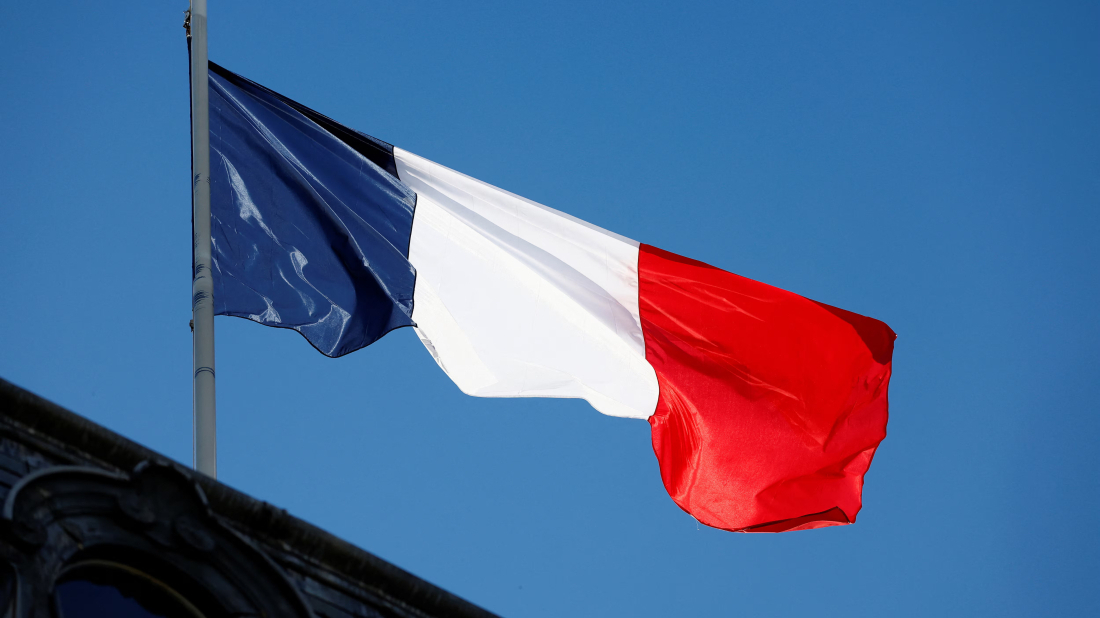
The Ministry for Europe and Foreign Affairs has welcomed the agreement reached between Azerbaijani President Ilham Aliyev and Armenian Prime Minister Nikol Pashinyan on normalising relations, brokered by U.S. President Donald Trump in Washington on 8 August.
In its statement, the French Foreign Ministry thanked the United States for its key role in facilitating the process and securing the outcome, noting that the forthcoming signing and ratification of the peace agreement will be essential for regional stability.
France also voiced its support for the joint call to dissolve the OSCE Minsk Group and its associated structures.
The statement stressed that normalising relations between Azerbaijan and Armenia, strengthening regional ties, and reopening state borders in full respect of sovereignty, territorial integrity, and the principles of the 1991 Almaty Declaration will help transform the South Caucasus into a region of peace and prosperity for the benefit of its peoples.
Türkiye
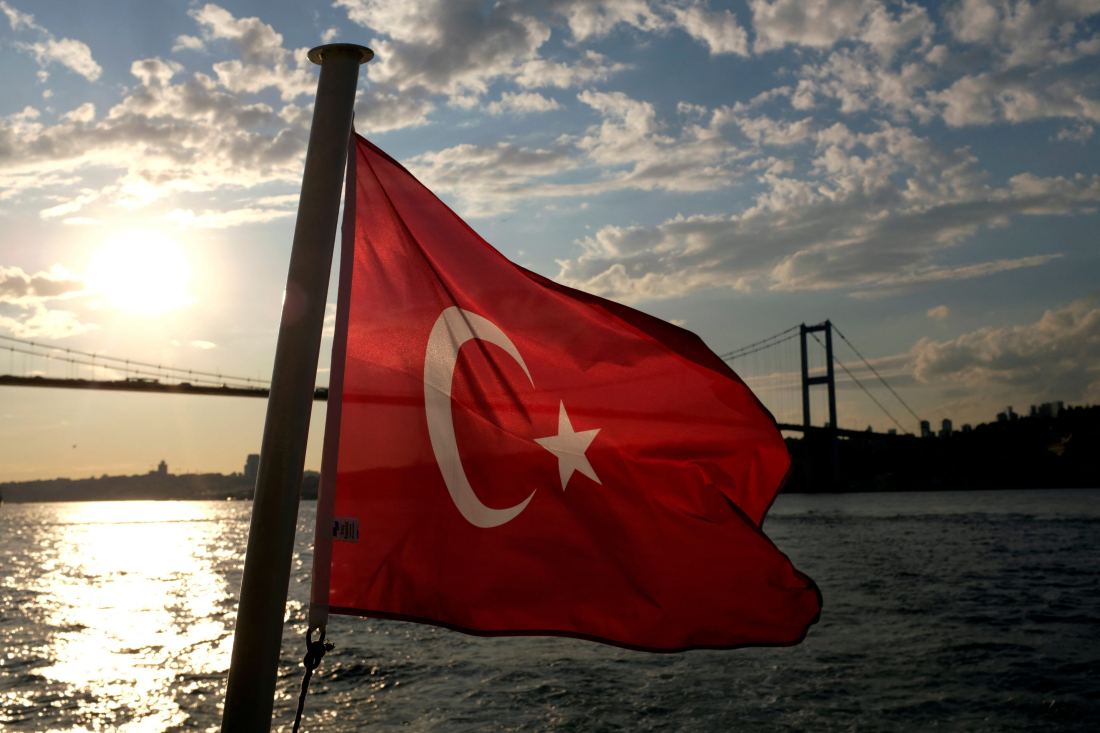
Azerbaijan’s Foreign Minister Jeyhun Bayramov spoke by phone with his Turkish counterpart, Hakan Fidan, who congratulated Baku on the landmark outcomes of the recent meeting between Azerbaijani and Armenian leaders in Washington.
The ministers stressed the significance of the agreement and Joint Declaration signed in the presence of the U.S. President, highlighting their importance for promoting peace and stability in the region. They noted that the initialing of the peace deal, together with the joint appeal to dissolve the OSCE Minsk Process and its structures, would give strong momentum to the peace process, expressing hope for the OSCE to adopt a corresponding decision soon.
The discussion also touched on Azerbaijan-Türkiye allied relations and cooperation within regional and international organisations.
Kazakhstan
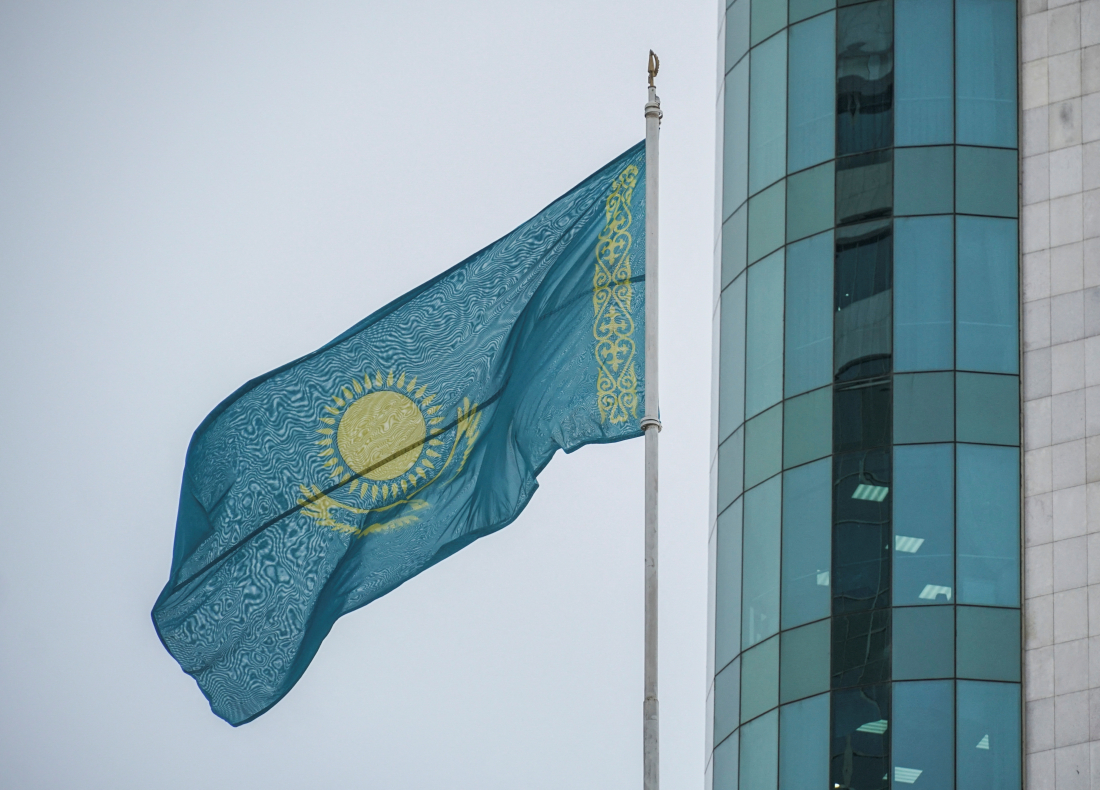
Kazakhstan’s Presidential Advisor and Press Secretary, Ruslan Zheldibay, said President Kassym-Jomart Tokayev views the peace agreement signed in Washington between Azerbaijan and Armenia as a milestone achievement, Kazinform News Agency reported.
The accord brings an end to the long-running military conflict between the two nations and opens the door to establishing diplomatic ties and fostering cooperation grounded in lasting peace.
Tokayev stressed that the landmark deal was made possible through the determined and effective mediation of U.S. President Donald Trump, who succeeded in persuading the leaders of both countries to fully demonstrate political will and strategic vision.
He also highlighted Kazakhstan’s role in the process, noting that Almaty hosted ministerial-level negotiations on the key terms of the peace treaty.
Earlier, the leaders of Azerbaijan, Armenia, and the United States signed a Joint Declaration in Washington on the peaceful normalisation of relations between Baku and Yerevan.
Georgia
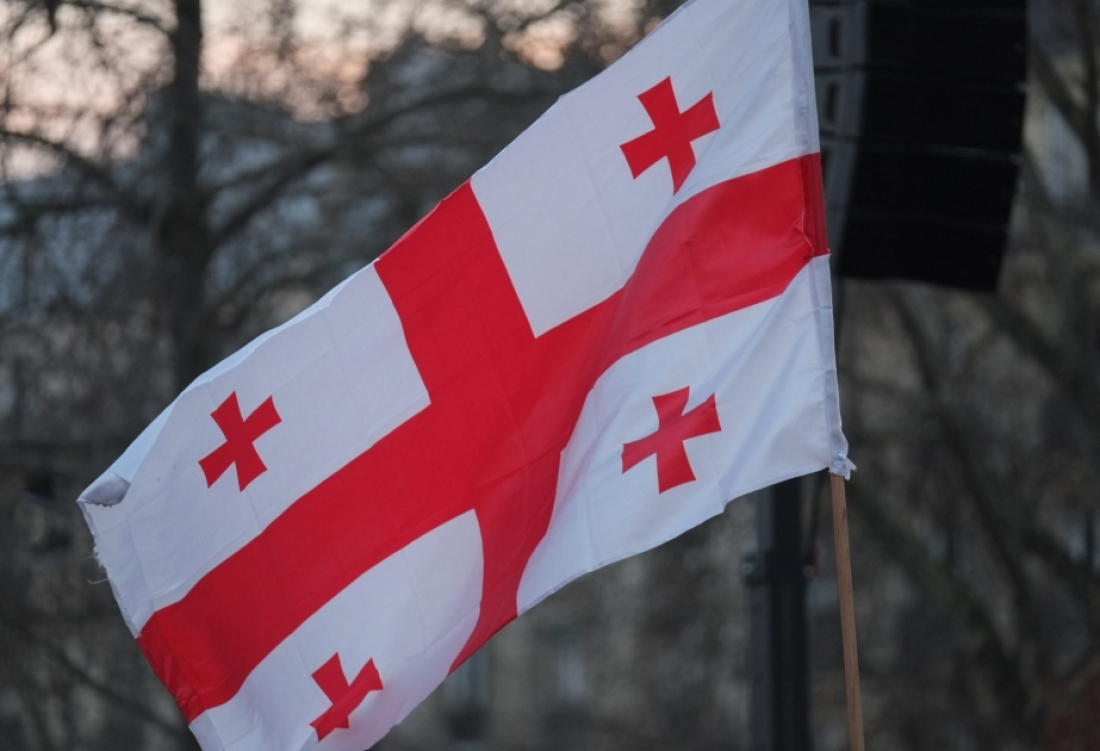
Georgia has congratulated Azerbaijani President Ilham Aliyev, U.S. President Donald Trump, and Armenian Prime Minister Nikol Pashinyan on the signing of the historic peace agreement.
In a statement, Prime Minister Irakli Kobakhidze hailed the deal as a milestone for Armenia, Azerbaijan, the wider region, and the world, marking the start of a new era of stability and economic growth. He reaffirmed that Georgia has consistently supported regional peace and cooperation and will continue to do so.
Pakistan
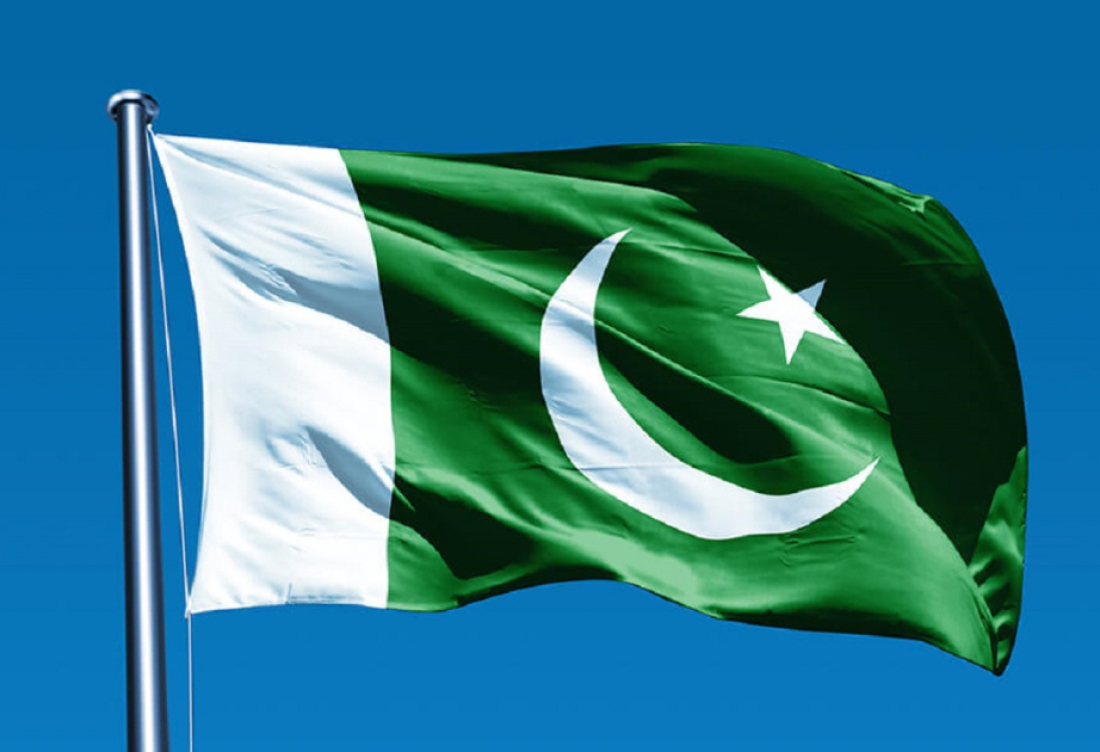
Pakistan’s Prime Minister Muhammad Shehbaz Sharif on Saturday hailed the peace agreement between Azerbaijan and Armenia, calling it a milestone that would create new opportunities for trade and regional connectivity.
In a post on X, Sharif described the accord as “the dawn of a new era of peace, stability, and cooperation” in the South Caucasus, a region long scarred by conflict and human suffering. He congratulated President Ilham Aliyev and the people of Azerbaijan, praising their wisdom and foresight in shaping a peaceful future for the region.
Sharif reaffirmed Pakistan’s enduring support for Azerbaijan and shared in its pride at this historic achievement. He also commended the United States and President Donald Trump for facilitating the negotiations and securing an agreement that opens the way for greater trade, connectivity, and integration.
The prime minister expressed hope that this example of dialogue would inspire other regions facing prolonged disputes. The U.S.-brokered deal, signed at the White House in the presence of Trump, is expected to strengthen economic ties between Azerbaijan and Armenia after decades of hostilities.
Iran
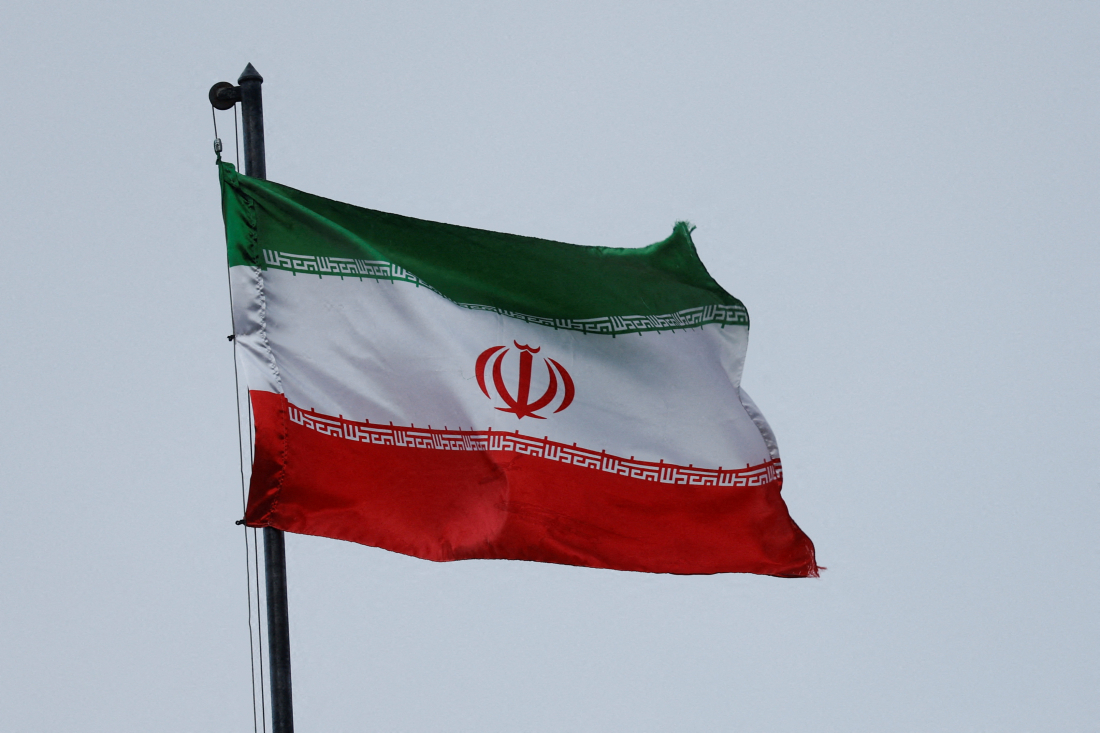
Iran’s Ministry of Foreign Affairs said the Islamic Republic is closely monitoring developments in the South Caucasus and remains in contact with neighbouring states. In an official statement, the ministry stressed that peace and stability in the region serve the interests of all South Caucasus countries, welcoming the refinement of the peace agreement text between Baku and Yerevan as an important step toward lasting and robust peace.
The statement also voiced concern over potential foreign interference, particularly near shared borders, warning that such actions could undermine the region’s security and stability. It further underlined that restoring transport and communication links will play a key role in enhancing security, stability, and economic growth for the peoples of the South Caucasus.
Lithuania
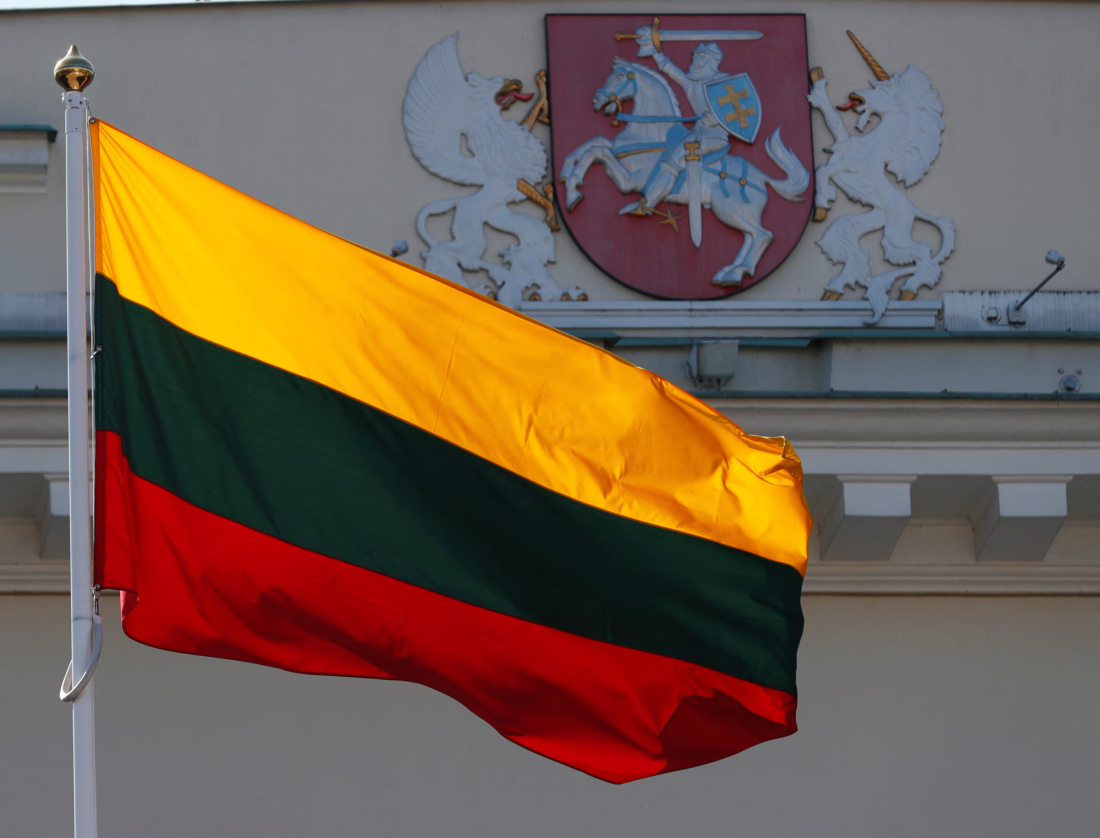
Lithuanian President Gitanas Nausėda congratulated U.S. President Donald Trump, Azerbaijani President Ilham Aliyev, and Armenian Prime Minister Nikol Pashinyan on reaching a historic agreement that ushers in a new era of peace and cooperation between Azerbaijan and Armenia.
In a post on X, Nausėda said the accord represents an important step toward strengthening regional stability and global security, adding that Lithuania supports the continuation of dialogue and peaceful engagement.
Saudi Arabia
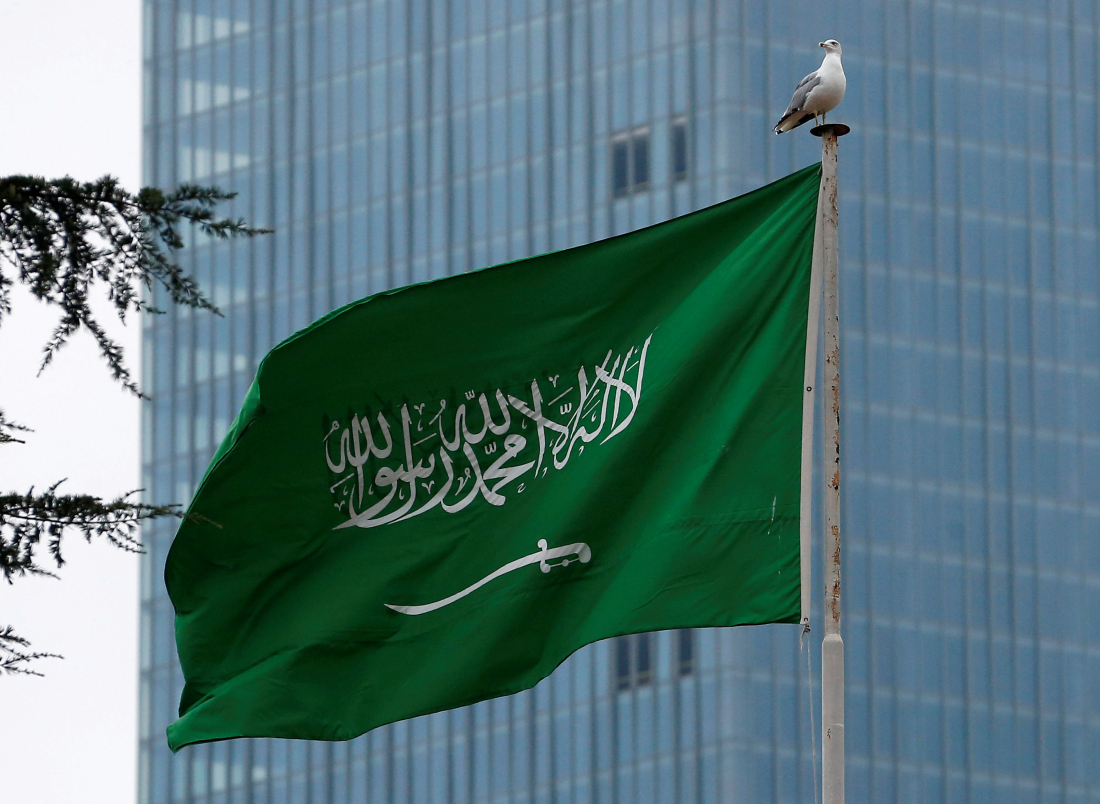
Saudi Arabia has welcomed the announcement of a peace agreement between Armenia and Azerbaijan and commended the United States for sponsoring the deal, the Saudi Press Agency reported.
In a statement, the Ministry of Foreign Affairs expressed hope that the accord would open a new chapter of understanding and cooperation, strengthening security and stability between the two nations and benefiting the peoples of both countries as well as the wider Caucasus region.
Moldova
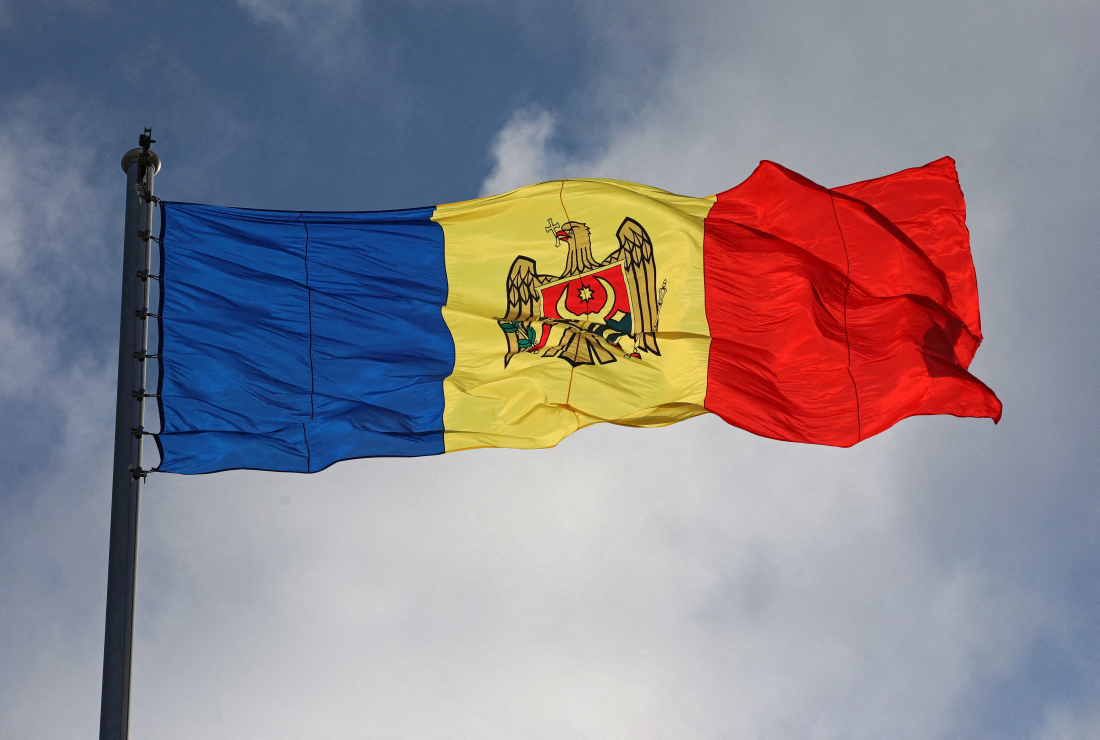
The President of Moldova described the agreement as a significant step toward resolving the long-standing conflict.
He stated that the accord between Armenia and Azerbaijan represents an important milestone in ending decades of hostility, congratulating both sides — Azerbaijani President Ilham Aliyev and Armenian Prime Minister Nikol Pashinyan — along with U.S. President Donald Trump for helping pave the way to peace, reconciliation, and prosperity in the region.
Jordan
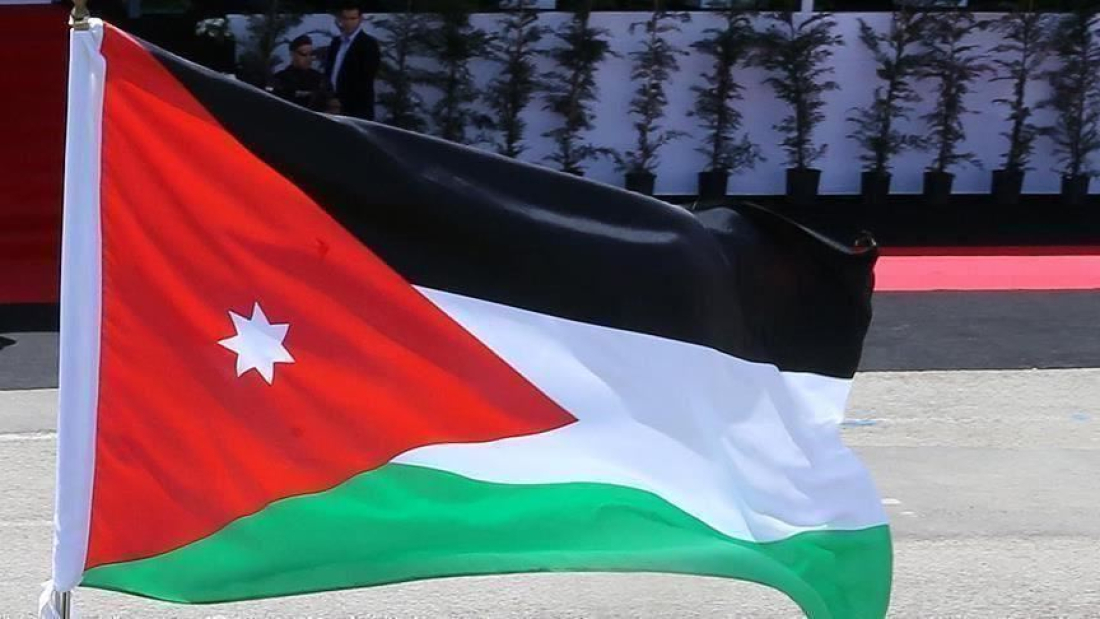
Jordan’s Ministry of Foreign and Expatriates Affairs has welcomed the peace agreement between Azerbaijan and Armenia, brokered by U.S. President Donald Trump, according to the Petra News Agency.
Ministry spokesperson Ambassador Sufian Al-Qudah said the Kingdom views the accord as a historic step that advances the peaceful resolution of disputes and promotes security and peace in the South Caucasus.
He also praised the efforts of the U.S. administration in facilitating the deal, noting its potential to enhance regional stability and security.
In conclusion, the breadth of international responses reflects the high stakes and hopes surrounding the peace agreement between Azerbaijan and Armenia. While global leaders have largely welcomed the accord as a milestone for stability, security, and cooperation, its true measure will be in the commitments honoured and progress achieved in the months ahead. The coming period will determine whether this historic moment becomes a lasting foundation for peace in the South Caucasus or simply a chapter in its long and complex history.
U.S. President Donald Trump said the U.S. military has enough stockpiled weapons to fight wars "forever"; in a social media post late on Monday. The remarks came hours before conflict in Iran and the Middle East entered its fourth day.
U.S. first lady, Melania Trump chaired a UN Security Council meeting on children and education in conflict on Monday (2 March), a move criticised by Iran as hypocritical following U.S. and Israeli strikes that triggered a UN warning about risks to children.
A torpedo from a U.S. submarine sunk an Iranian warship off the coast of Sri Lanka, U.S. Secretary of Defense, Pete Hegseth told reporters as the Iranian conflcit entered its fifth day on Wednesday.
The U.S. embassy in Riyadh was hit by two drones resulting in a limited fire and some material damage, the kingdom's defence ministry said in a post on X on Tuesday, citing an initial assessment.
Shahid Motahari Sub-Speciality Hospital in northern Tehran and parts of the Golestan Palace were bombed on day two of the U.S.‑Israel strikes. AnewZ Touraj Shiralilou is in Iran's capital city and said that the facility was flattened in an airstrike.
Israel has warned residents to leave a significant area in southern Lebanon, instructing them to move north of the Litani River as hostilities with the Iran-backed Lebanese group Hezbollah intensified on Wednesday.
U.S. Defense Secretary Pete Hegseth says the United States is making gains in its conflict with Iran after a key Iranian naval target was destroyed, confirming that the strike was carried out by a U.S. submarine off the coast of Sri Lanka. Rescue efforts are now under way for the ship’s crew.
Start your day informed with AnewZ Morning Brief. Here are the top news stories for the 4th of February, covering the latest developments you need to know.
Strikes across the Middle East are intensifying, fuelling travel disruption, driving up global energy prices and forcing diplomatic missions to shut their doors.
U.S. President Donald Trump has said the United States has a “virtually unlimited supply” of munitions and is capable of sustaining military action indefinitely, as the conflict with Iran entered its fourth day.
You can download the AnewZ application from Play Store and the App Store.

What is your opinion on this topic?
Leave the first comment